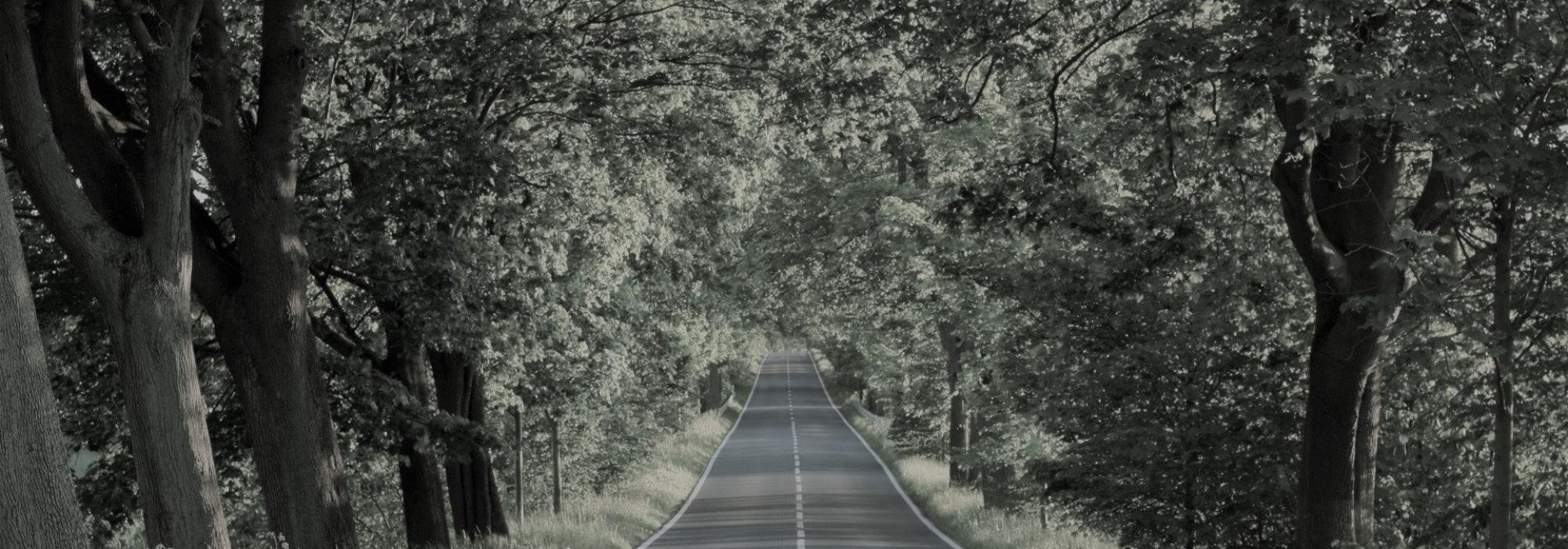Industries
Mirza Ismail opined that in every town or Hobli, a factory, a trading unit, or some other business should be established. He encouraged prominent people (to set up industries) by promising adequate support from the government. The opportunities thus provided were used by some; they were also misused by some.
In his opinion, the modus operandi of industries were three-pronged: First, the ventures should happen independently due to the efforts of the citizens. If private individuals pool in some money and seek the government’s help, in such cases the government should support them financially and encourage such private endeavors. Second, industries that are beyond the capacity of private individuals, the sort that requires huge investments and specialized scientific equipment, must be taken up by the government. Third, either a public-private partnership model should be followed or the government can start a large-scale industry and eventually, in a step-by-step manner, transfer it to private entities.
On this basis Mirza had planned a few ventures. The nylon textile industry, the paper industry, and some others were part of his plans. When the factory in Bhadravati was incurring losses and when a decision had to be taken whether to close it or keep it running, Mirza decided that it should remain functioning and it should be used instead to manufacture steel as an auxiliary enterprise.
He gave appropriate attention to each and every department under the government. Whatever thoughts arose about improving them, Mirza enthusiastically worked to bring those into action.
He went on horseback through the city of Bangalore every morning until ten or eleven, making arrangements to solve any of the grievances that people would report to him.
Compassion
In this situation I am reminded of an incident. I had gone to the cemetery the day Mirza Ismail died. By the time the funeral was over, it was around nine or ten at night. A huge crowd had gathered. In that chaos, M P Somashekhara Rao and I were separated from each other. I came near the gate of the cemetery in search of him. There was someone there who was crying uncontrollably. By his attire I was able to make out that he was a Hindu. I asked, “Who are you?”
He replied, “Sir, I hail from Cubbonpete. I’m a jeweller. One day, my wife went to fetch water near the tap that is located beside Bannappa Park. For a long time she didn’t return. That day many people had gathered there to fetch water. There was much commotion and fighting. My wife had to wait for an hour before she could finally get some water.
“She was pregnant and brought home the huge pot of water with great effort. She came home in tears, either because there was a quarrel or someone had scolded her or maybe she was feeling unwell. A government servant followed her to our house and inquired, ‘Whose house is this?’ I asked, ‘Why?’ He replied, ‘Dewan Saheb’s entourage is near St. Martha’s Hospital. He ordered me to follow this lady and make note of her whereabouts. And so I’ve come here.’ When I heard this, I was frightened and to alleviate my fears, I went along with him to the place where the Dewan was waiting. As soon as I saw him and greeted him with folded hands, he asked, ‘Who are you?’ and enquired about me in general. I explained my situation. He asked, ‘Isn’t there a tap in your home?’ I said, ‘Sir, I am not so well to do. We fetch water from the street tap.’ He then asked, ‘How far is the street tap from your house?’ I replied, ‘I think it’s around half a mile, sir. My house is on the narrow lane behind the tap. We have to take a circuitous path even to reach there.’
“The Dewan addressed the engineer who was with him. ‘Can a tap be installed near this gentleman’s house?’ The engineer replied, ‘I will draft a plan and submit it. If the funds are granted I can start the work.’ The Dewan said at once, ‘I immediately grant the required funds. Start the work and ensure that water reaches his house from the new tap by tomorrow morning. In such a crowded locality if we install a few more taps wouldn’t it be helpful to people? In each of these small localities a tap should be installed at a convenient spot. By the time I come on my official rounds tomorrow, you should have helped them with a tap.’
“Sir, the work was thus done as per his orders. Within two days the tap was installed. Now we are drinking water from the same tap. Looking at the women’s quarrels, the commotion for water, and the difficulties of pregnant women, Dewan Saheb was so moved. Now that he is gone, who else will look after us like he did?”
Thus he lamented.
Daily Routine
Typically, Mirza Ismail’s daily routine was as follows.
In the morning, at eight he began the official city rounds on his horse. He examined some localities of the city as planned earlier. He would take note of broken walls, piles of waste, potholes in the roads, appearances in the surroundings, and other irregularities. He then advised his subordinates to take appropriate measures. This would go one till around half past eleven. On some days if he had other pressing matters, he returned early.
In the afternoon, he would take a bath and then go to the office. He stayed there till five in the evening. After that, he would have visitors till eight.
Then he partook of his dinner and dispose of files sitting alone in his office until midnight. This happened in a systematic manner.
He kept two notebooks. Every night he went through them without fail. One of the notebooks consisted of all the orders he had given to his subordinates on that day. He went through those orders one by one and took note of what orders were already executed and what remained to be done. In case of pending orders, repeated reminders would be sent.
The second notebook consisted of things that required his personal attention. Someone’s request, someone’s suggestion, some opinion that he had read somewhere – all these went into that notebook.
After his daily rounds, he made his scribe write an inspection note to serve as a reminder. In that, a detailed note of everything he had seen, heard, and ordered would be made. It would then be typed and sent to the concerned officers asking for rejoinders.
To summarize, among the State’s public servants, when it came to working tirelessly day and night, the Dewan was the first and foremost.
He never got bored of having visitors and listening to their requests and grievances.
Every night Mirza read all the important newspapers in circulation. He marked important articles using a blue pencil and instructed his assistant to store them in the appropriate register.
Because he worked so meticulously he never forgot anything related to the welfare of the people. One way or the other, his mind was always occupied by the affairs of the State.
Of all the gifts God had bestowed upon him, one was good humour – a clear mind that grasped matters with patience, accepting everything without complaints with a smiling face. That was a great trait.
Mirza would always keep an eye on the integrity of government officials. If there were any allegations of bribery or misappropriation of funds he conducted a thorough investigation and punished the guilty. When government officials borrowed more than they could repay, he chided them. When three or four Assistant Commissioners had borrowed more than their capability to repay, leading to cases being filed against them in courts, he granted them leave and ordered them to rejoin duty only after they could produce proof of them being debt-free.
In one of the departments, Mirza had given the same treatment to a close relative of his.















































